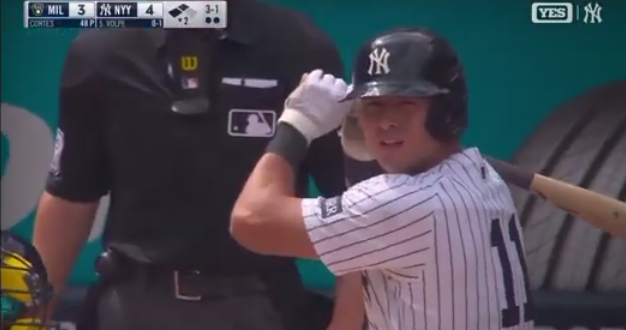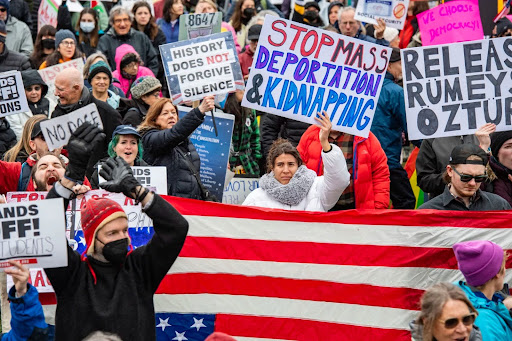Tesla’s stock has been significantly declining since 2024. Considering this dilemma has been ongoing for a while now, many Americans are also concerned about the company’s leader, Elon Musk, and his recent ties with politics. Additionally, tariffs put in place by the president are increasing the price of Chinese battery cells, which Tesla is reliant on.
I interviewed three staff members at Pentucket to gain some more insight and opinion on the situation as a whole. Mrs. Costello and Mrs. Nadeau, who both own a Tesla car but prefer not to invest in stock, and Mr. Harty, who is an expert on current events.
Musk and the Tariffs on Batteries
The main concern in this crisis, as seen on the news and from my interviewees, is Musk and his position on all this. When asked if having a political figure like Musk as the face of a consumer product company is a good idea, history teacher Mr. Harty said, “Never. [It is] not a good idea to mix those two things.”
Mrs. Nadeau had a similar response, stating that, “Corporations and government should stay separate and not intertwine.” Nadeau also added that stock is volatile, (has a history of peaking and dropping) and she is unsure about the future but hopeful regardless.
“Market does not bother me,” was librarian Mrs. Costello’s response when asked if Tesla’s stock affects or concerns her in any way. However, there appeared to be a bigger problem at stake for Costello. Although she made it clear that whether the company does well or not is none of her concern, she is worried about the new tariffs put in place that affect the cost of batteries. “You don’t have to replace the car, just the batteries,” Costello added. “And because of the tariffs, the increase on battery price is a concern.” On the other hand, I also asked her if she thinks the company will go bankrupt over time, but she believes that the government will most likely bail them out if things get that bad.
What can be done?
Any American citizen has the right to protest and choose what they want to do with their money. When I asked Mr. Harty how people should go about responding to this matter, he said, “Where you choose to shop or what to buy is like voting, and people need to vote with their conscience. It’s a luxury.” As an example of this, he mentioned the popular fast food chain Chick-fil-A, which is a religious-based company that received lots of backlash, but were able to soften it in due time.
Additionally, Harty said that vandalizing Tesla cars is inappropriate, but people have the right to protest against Musk’s politics by selling stock or cars, and part of the backlash may also be from the company’s marketing, which is not ideal. Moreover, Mrs. Costello admitted that she specifically chooses to park her Tesla in front of security cameras to “avoid political vandalism.”
“I love my Tesla, but I am not proud to own one,” was Mrs. Nadeau’s response when asked if Tesla is worth our time and investment. She said that when she first bought her car years back, it “checked her boxes” being environmentally friendly and technologically advanced. Despite this, Nadeau made it plain and simple that she would not buy one today with the current circumstances.
Conclusion
The current disarray at Tesla certainly goes far beyond its stock and financial mess. High tariffs on battery cells and the vandalization of Tesla cars and products is a genuine issue. Furthermore, Elon Musk’s role as the leader of a consumer product company juxtaposed with being the Senior Advisor to the President is not helping Tesla’s cause.
To conclude, people should have full tabs open on unusual or suspicious behavior with government-funded companies, because although they can appear insignificant when challenged with larger political issues, they may dig deeper below the surface and could be a major root to the problems of modern politics.

















